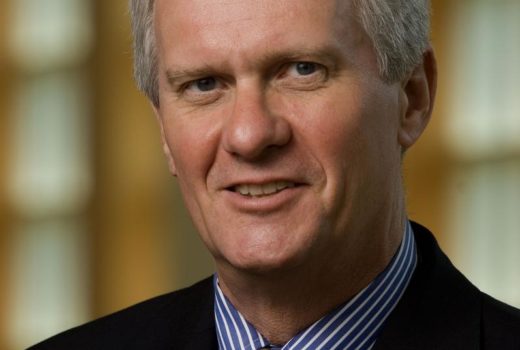
Mark W. Huddleston
Editor’s Note: NEJHE devotes special attention in 2012 to the changing roles of land-grant institutions on this 150th anniversary of the Morrill Land-Grant College Act. Here is University of New Hampshire President Mark W. Huddleston on the current state of land-grant support …
As we celebrate the 150th anniversary of the land-grant college system, I wonder what U.S. Sen. Justin Smith Morrill would say about our handling of his legacy.
Morrill, the self-educated son of a blacksmith, was the visionary behind the Land Grant Act, which created land-grant colleges in each state to give farmers, mechanics and laborers access to higher education. In teaching about agriculture and engineering, these schools would also drive research that revolutionized American agriculture and industry.
Prior to the act’s passage, higher education was largely the domain of the wealthy, and almost entirely detached from the needs of society.
Clearly, we exceeded Morrill’s expectations in many ways over the last century and a half, and for this he would rejoice: For generations, our land-grant institutions provided access to higher education to those who could not otherwise afford it. And research at our institutions grew exponentially in those years, driving innovation and powering our economies. Indeed, it is no exaggeration to say that Justin Morrill helped build a great nation.
But Morrill would be deeply disturbed to know just how imperiled his vision is today. Draconian cuts in state support have saddled students with crippling levels of debt—and even put higher education out of the reach of some families. These same cuts, by undermining our ability to support basic and applied research, threaten to blunt America’s competitive edge in the knowledge-driven 21st century.
Land-grant institutions are responding by re-imagining themselves, raising alternative revenues, building public-private partnerships, leveraging intellectual capital, and increasing the reach of capital campaigns. We are also cutting expenses, by using technology and reengineering administrative processes.
These efforts, while helpful, will not be enough. Despite our best efforts to control costs and generate new revenues, we cannot meet our historic missions without state support. The numbers just don’t add up. If Justin Morrill were alive today, he would recognize that, argue passionately that higher education is a public good, and remind us that America will not survive, much less thrive, without an educated citizenry.
[ssba]
